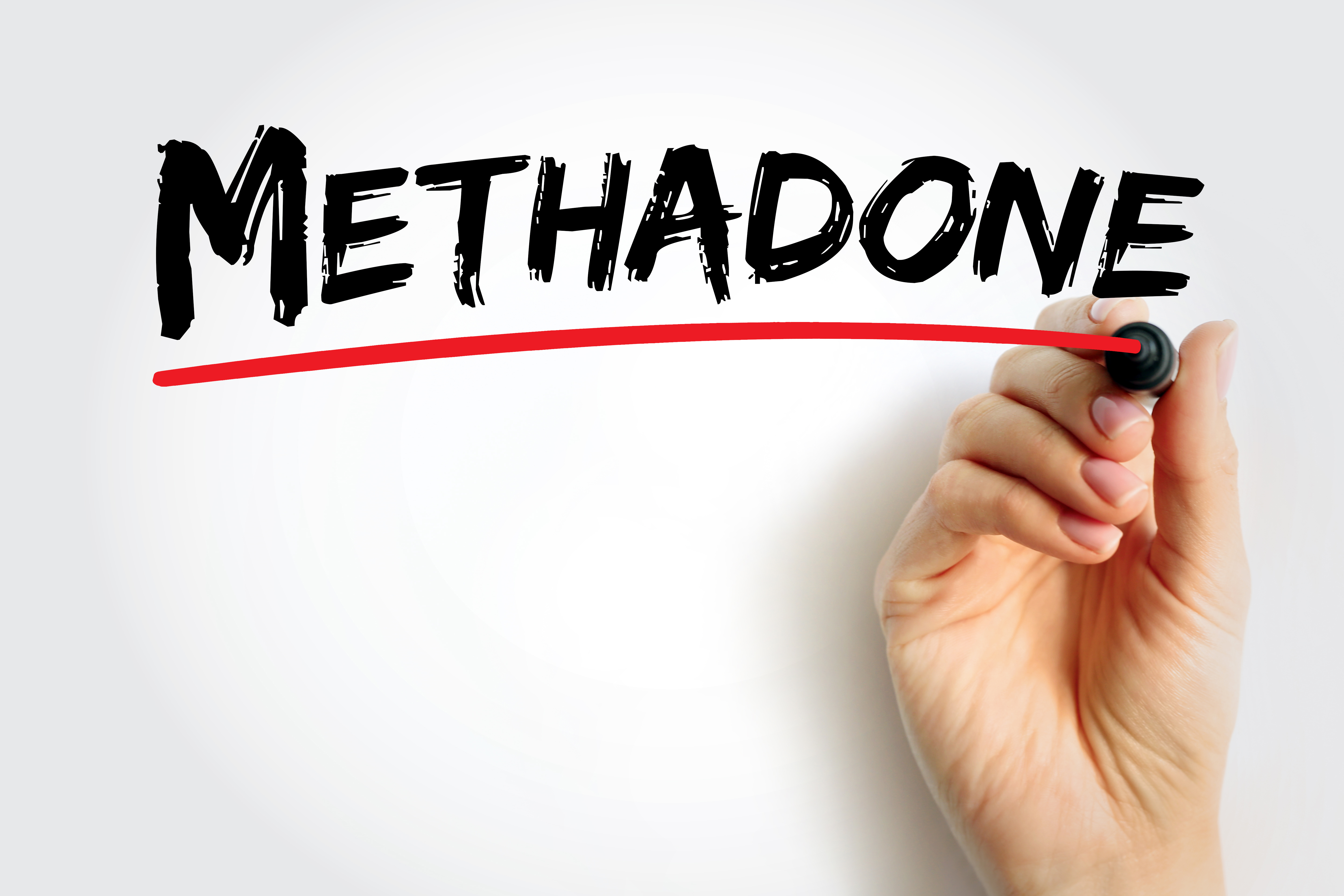Will the Opioid Treatment Access Act Modernize Methadone Treatment?

The pandemic pushed policy makers toward change. The Opioid Treatment Access Act calls for more change. But will the changes be good?
That’s the current debate.
To promote social distancing, the Substance Abuse and Mental Health Services Administration (SAMHSA) relaxed methadone restrictions during the pandemic. They allowed up to four weeks’ worth of take-home doses.
This was to prevent people from congregating at opioid treatment program facilities (OTP) for their daily doses. These relaxed regulations have been extended another year. But some say that’s not enough.
Why? Because patients still have to get their methadone through OTPs only.
The new bill on the table would change that. It would allow doctors to prescribe up to one month of take-home doses. Patients could pick up their methadone at a local pharmacy.
Could this modernize methadone treatment?
Some Say Change is Overdue for Methadone Treatment
 Supporters of the bill point out that this would make methadone treatment more accessible. Currently, it can be challenging for people to access an OTP if one is not nearby or if they have to make frequent trips to a facility.
Supporters of the bill point out that this would make methadone treatment more accessible. Currently, it can be challenging for people to access an OTP if one is not nearby or if they have to make frequent trips to a facility.
OTPs are licensed and accredited by the federal government. They aren’t nearly as common as pharmacies.
The bill is set to be introduced by Rep. Donald Norcross (New Jersey). Congressman Norcross says, “People struggling with opioid addiction shouldn’t be stigmatized. They shouldn’t be forced to wait in lines every morning for treatment. They deserve dignity.”
“They should be able to get their medicine from their pharmacist, just like everyone else does. If you can get the drug at a pharmacy, you should be able to get medicine to treat the drug misuse disorder at a pharmacy.”
Norcross is a member of the Bipartisan Addiction and Mental Health Task Force and the Education and Labor Committee’s Health, Education, Labor, and Pensions Subcommittee.
Kaitlan Baston, MD, MSc, DFASAM, division head of addiction medicine of Cooper University Health Care, says, “Current federal restrictions on treatment medications for opioid use disorder, like methadone, often prohibit patients from accessing needed treatment. In order for our lifesaving, clinically proven medication treatments to work, patients need better access to them.”
“The proposed bill…would modernize the process of receiving methadone at an opioid treatment facility,” notes Robert Lubran, formerly director of SAMHSA’s division of pharmacological therapies.
And former US Rep. Patrick J. Kennedy adds, “It’s time to tear down the barriers to life-saving medication-assisted treatment once and for all. I applaud Congressman Norcross for introducing this bill that will absolutely save lives.”
And on the Other Side of the Fence…
Not everyone is a fan of the proposed bill. Some point out that the regulations in place are there for a reason. They’re not outdated.
They’re necessary. And life-saving.
Mark Parrino, president of the American Association for the Treatment of Opioid Dependence (AAOTD), points out that overdoses happen. These methadone overdoses,– associated with non-OTP prescriptions – nearly put methadone treatment out of business a few years back.
He notes, “We are reminded of the five national methadone mortality reports, which were published between 2003 and 2010. All of these reports concluded that methadone mortality was the direct result of physicians in private practice prescribing methadone to treat pain and distribute it through pharmacy channels.”
There’s also the concern that methadone will be prescribed without additional treatment support. Parrino adds that treatment should not be viewed as “medication only without the appropriate clinical support. In our judgment, treating opioid use disorder goes well beyond the prescribing of medication.”
What’s on the Table
 With both strong support and opposition, it’s unclear whether this bill will pass.
With both strong support and opposition, it’s unclear whether this bill will pass.
If the Opioid Treatment Act becomes law, it would modernize methadone treatment and could:
- Allow doctors to prescribe take-home doses of methadone (up to one month of doses), which could be dispensed at a pharmacy.
- Permit states to allow certain aspects of OUD treatment to occur via telehealth.
- Shorten the timeline for take-home methadone.
- Call for a full study on the impact of the COVID-19 methadone exemptions (conducted by SAMHSA).
- Guide regulations regarding mobile OTP operations.
- Encourage states to align their regulations with the guidelines in the new bill.
For information about treatment options for you or a loved one, call 800-678-5931(Paid Advertiser) today.
Images Courtesy of Canva.